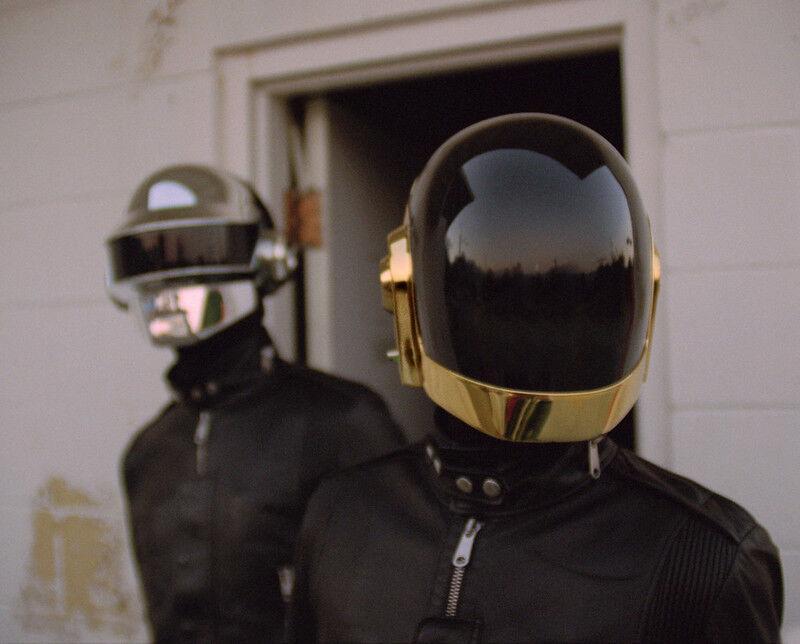The news of Daft Punk’s break up felt at the same time jolting and somewhat expected. I haven’t followed them too closely since a brief phase in high school where I worshipped the helmeted duo, but to my knowledge they’ve been relatively quiet as of late.
To their more devout followers, that may sound blasphemous, or even down right factually inaccurate. But whether or not they were particularly active in the later years of their partnership, they represented a kind of cultural oddity that is not likely to come again.
The duo’s breakup marks a powerful loss in the world of music. They were something of a fantasy in and of themselves, most notably by way of the notion we all playfully—or not so playfully—entertained that they may in fact be robots or aliens or some ungodly combination thereof.
But regardless of the fact—and, begrudgingly as I may admit it, it is a fact—that there were men beneath those $65,000 helmets, the notion that they were something inhuman always felt oddly appropriate—certainly more appropriate than that they were two French dudes named Guy-Manuel and Thomas.
Anyone even slightly familiar with Daft Punk knows they spoke quite little. They said what they needed to say through slight nods and tilts of their robotic visages—as well as the occasional emoji-style expression or block of text displayed in eight-bit rendering on their “faces.”
And that alone solidified a level of mystique that is hard to come by in today’s popular music landscape. One never thinks of them as networking with booking agents to land shows or asking their audiences to follow them on social media. I, for one, am quicker to assume they would simply show up to whatever venue they pleased and then things just happened—or not even a venue; it could just as well be a Victorian castle or a space station.
But beyond the duo’s cultural intrigue, they were simply good at what they did. They were adept composers and visionaries of mixed-media production; in addition to their 10-album discography and various collaborations, they directed three films: “D.A.F.T.: A Story About Dogs, Androids, Firemen, and Tomatoes,” “Interstellar 5555: The 5tory of the 5ecret 5tar 5ystem” and “Electroma.” “Interstellar 5555” is particularly fun; it’s a composite film made up of the accompanying music videos for the duo’s 2001 album “Discovery.”
There is certainly more to their repertoire that I could delve into, but I’ll let that remain a personal journey, one on which I strongly encourage the reader to embark.
All in all, “godlike” does not seem an inappropriate term to ascribe to the legendary duo. The combination of their cult-like apparatus and stunning creative capabilities set them in a category entirely of their own, and it’s for these reasons I’m still not totally convinced they’re human. Maybe now, separated, I’ll concede, but together they were definitely a little more.
Daft Punk: More than Human
March 5, 2021






